The 20th Chinese Communist Party Congress - in pictures
President Xi Jinping set to secure third term as party leader and all-powerful president
A free daily email with the biggest news stories of the day – and the best features from TheWeek.com
You are now subscribed
Your newsletter sign-up was successful
Citizens across China have marked the Chinese Communist Party’s (CCP) 20th congress this week as officials came together in Beijing for the occasion.
“Characterized by pomp, pageantry and paranoia,” said The Washington Post, CCP congresses “set high-level doctrine” and “select (or in truth, rubber-stamp) a new elite of party leaders” for the next five-year term, said The Economist.
President Xi Jinping’s “expected reaffirmation” as the CCP’s leader is “a watershed moment politically, militarily and economically for the world’s emerging superpower”, said the Financial Times.
In what The Economist described as an “uncompromising address” that lasted “nearly two hours” on Sunday, Xi “instructed” the party’s members “to face challenges at home with a fighting spirit, and to seize strategic opportunities in a shifting international balance of power” – the latter point being “code for the perceived decadence and decline of America”.
“China’s most powerful leader since Mao Zedong” is steering the nation “toward more centralized and personalized rule under one man”, said The Washington Post.
“Delivery workers, People’s Liberation Army soldiers, Buddhist monks, patients at rehab centres” were among the many Chinese residents who tuned into the address, said The Washington Post. Local gatherings and celebratory displays were organised, and “primary schools held karaoke contests” in celebration.
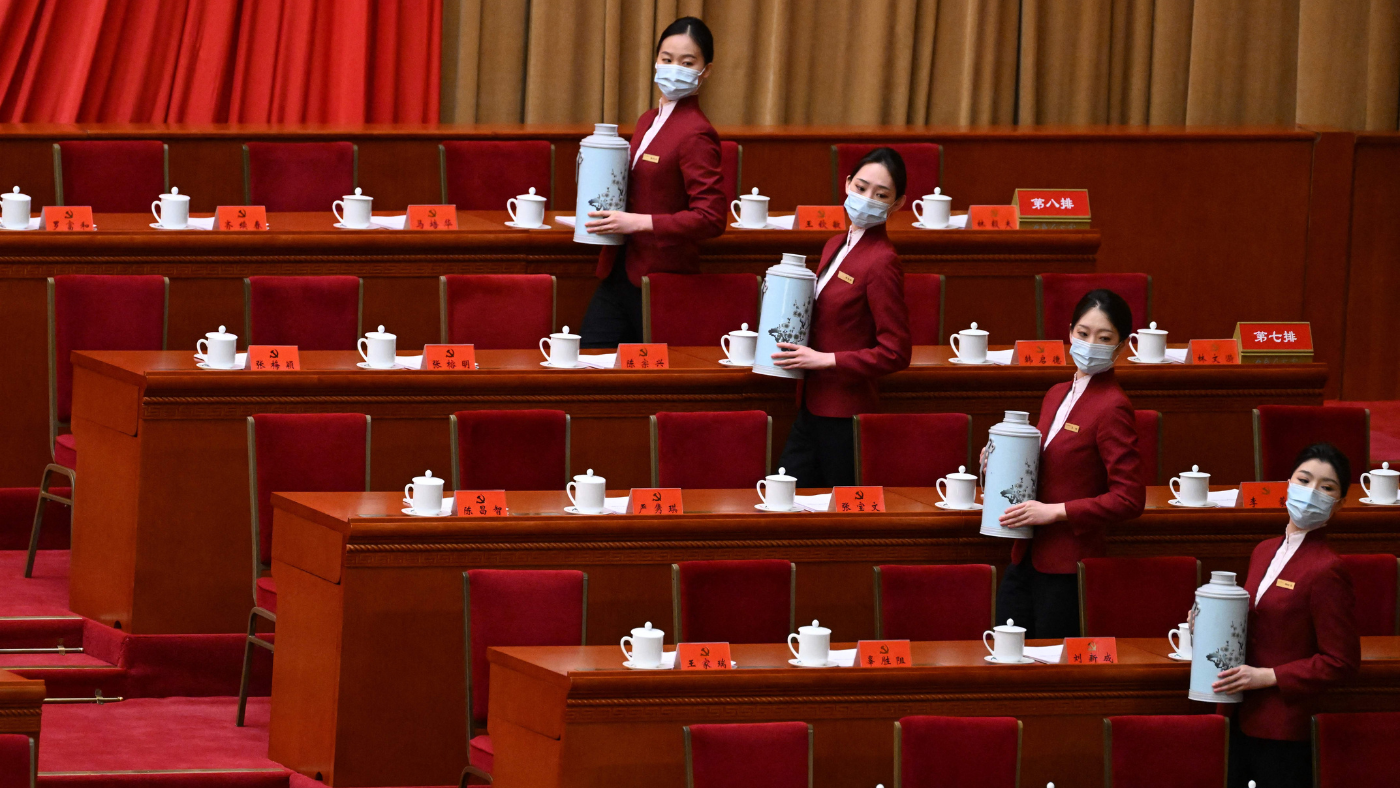
Preparations for “one of the most consequential party gatherings in decades” were already in “full swing” back in August, said Christopher K. Jonhson, senior fellow in Chinese politics at the Asia Society Policy Institute. The Great Hall of the People in Beijing was the setting of the opening session on 16 October.
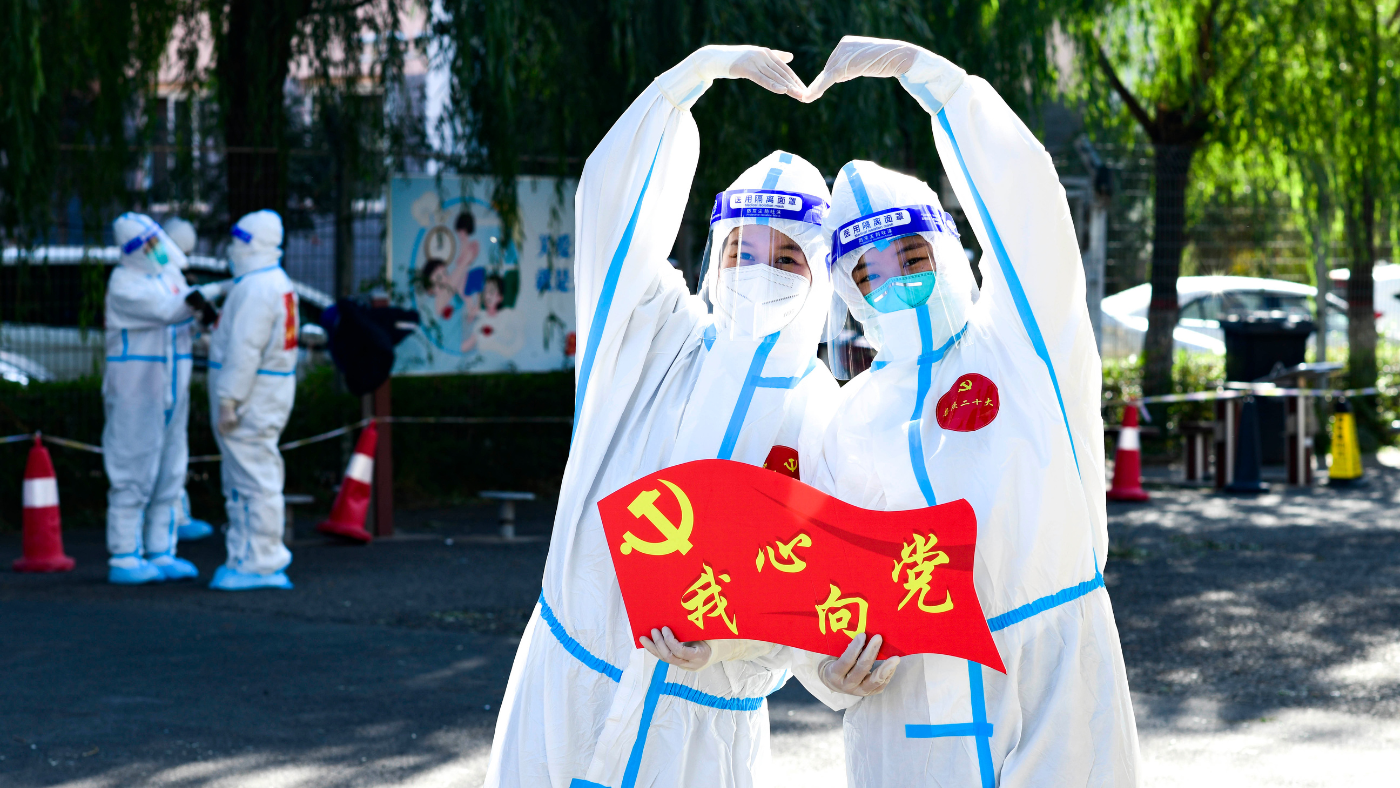
China was put on “high alert” days before the CCP’s congress got underway, said the Financial Times, as cases of Covid-19 tripled after a national holiday. Foreign Policy’s deputy editor James Palmer noted that “the increasingly unpopular zero-Covid policy has no foreseeable end”.
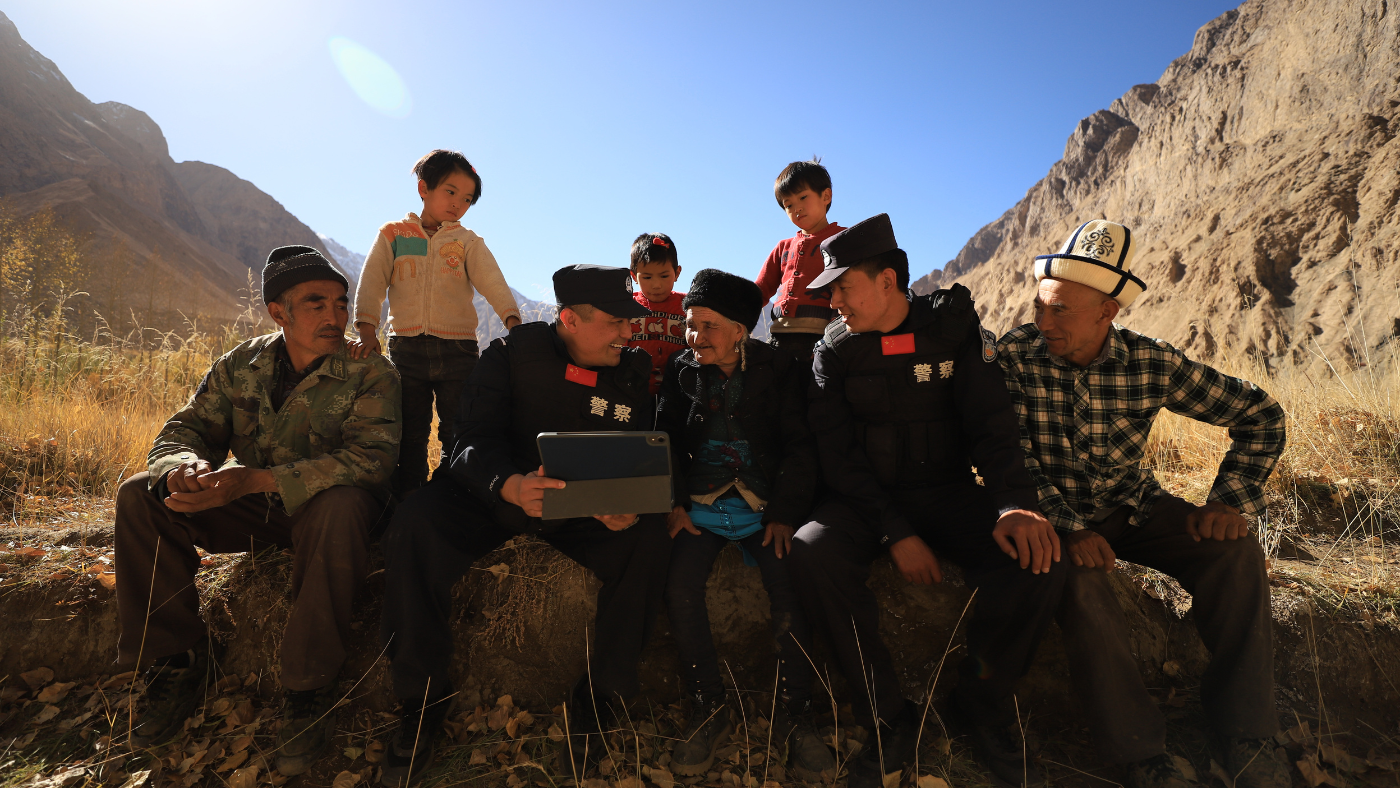
Citizens across China tuned in to watch the broadcast of Xi’s address. Days before, a “rare one-man protest” criticising the president’s rule took place in Beijing, said the BBC. A demonstrator hung banners off the Sitong bridge accusing Xi of being a dictator. The broadcaster reported that similar signs have since been seen on university campuses in the US, UK, Europe and Australia.
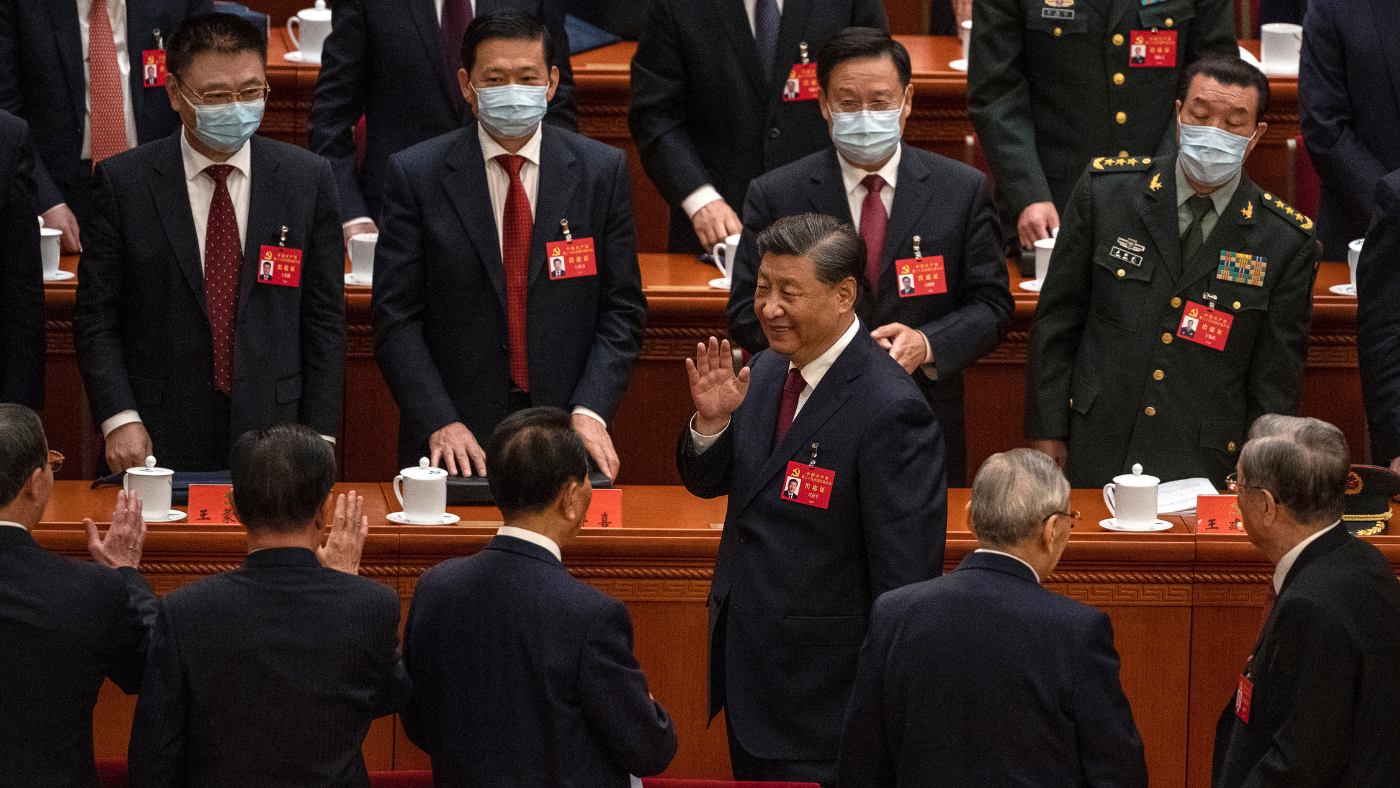
Xi “struck a confident tone” during his address at the opening session of the Congress on Sunday, and “vowed” to lead China towards “national rejuvenation”, said CNN. He “won the loudest and longest applause” inside the Great Hall of the People when he reiterated his commitment for the “reunification” of China and Taiwan.

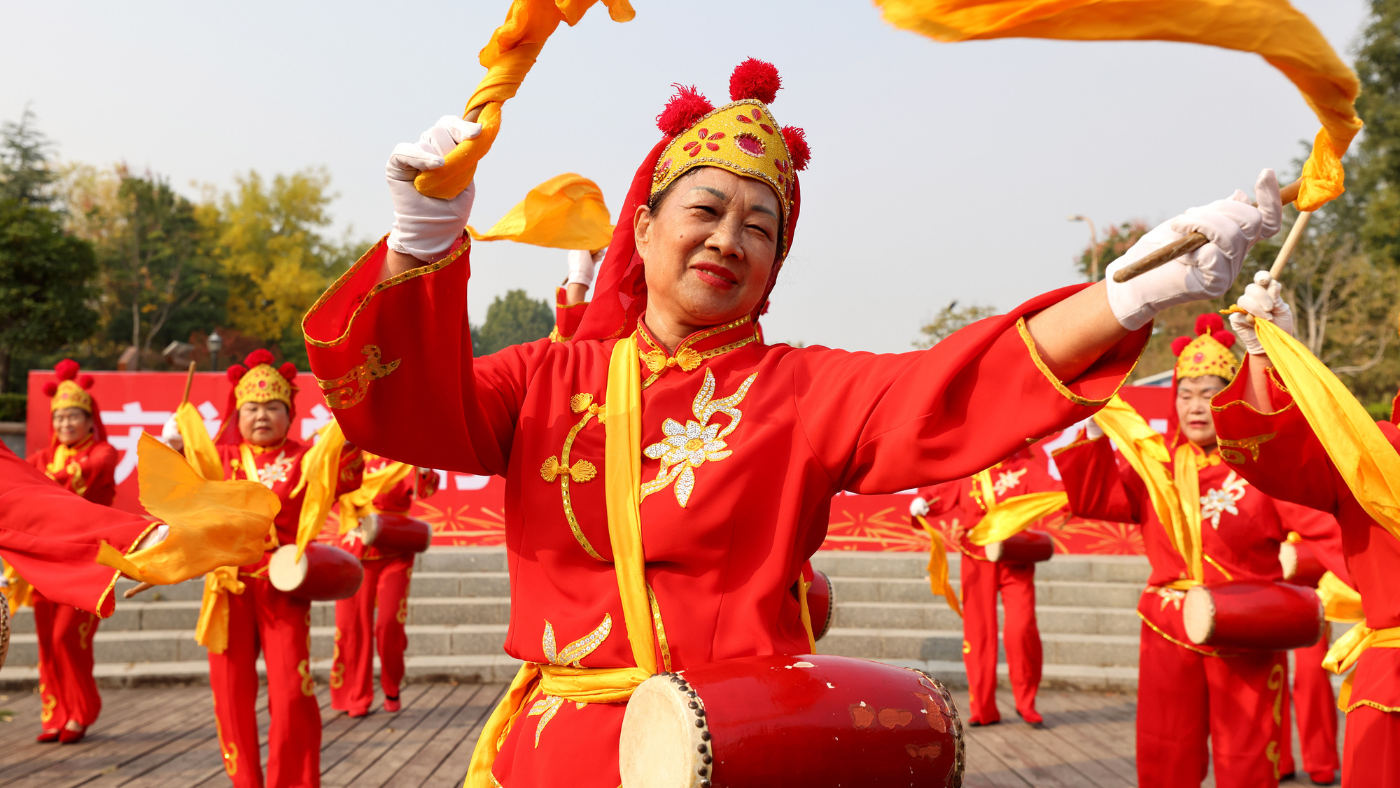
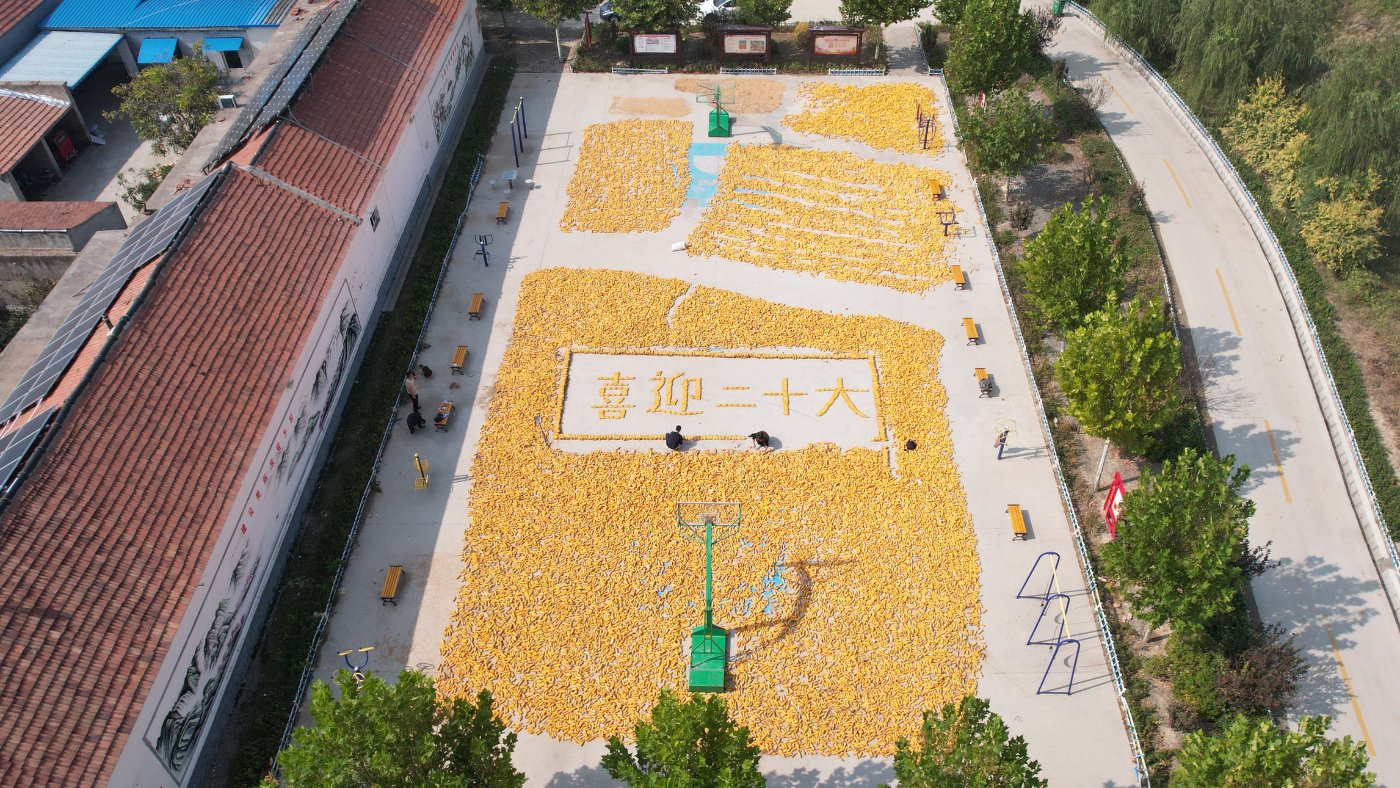
Farmers “have been contending with unwelcome ultimatums from local authorities” in recent weeks, said the FT, as they have been instructed to “divert resources from profitable agribusinesses to basic staples”.
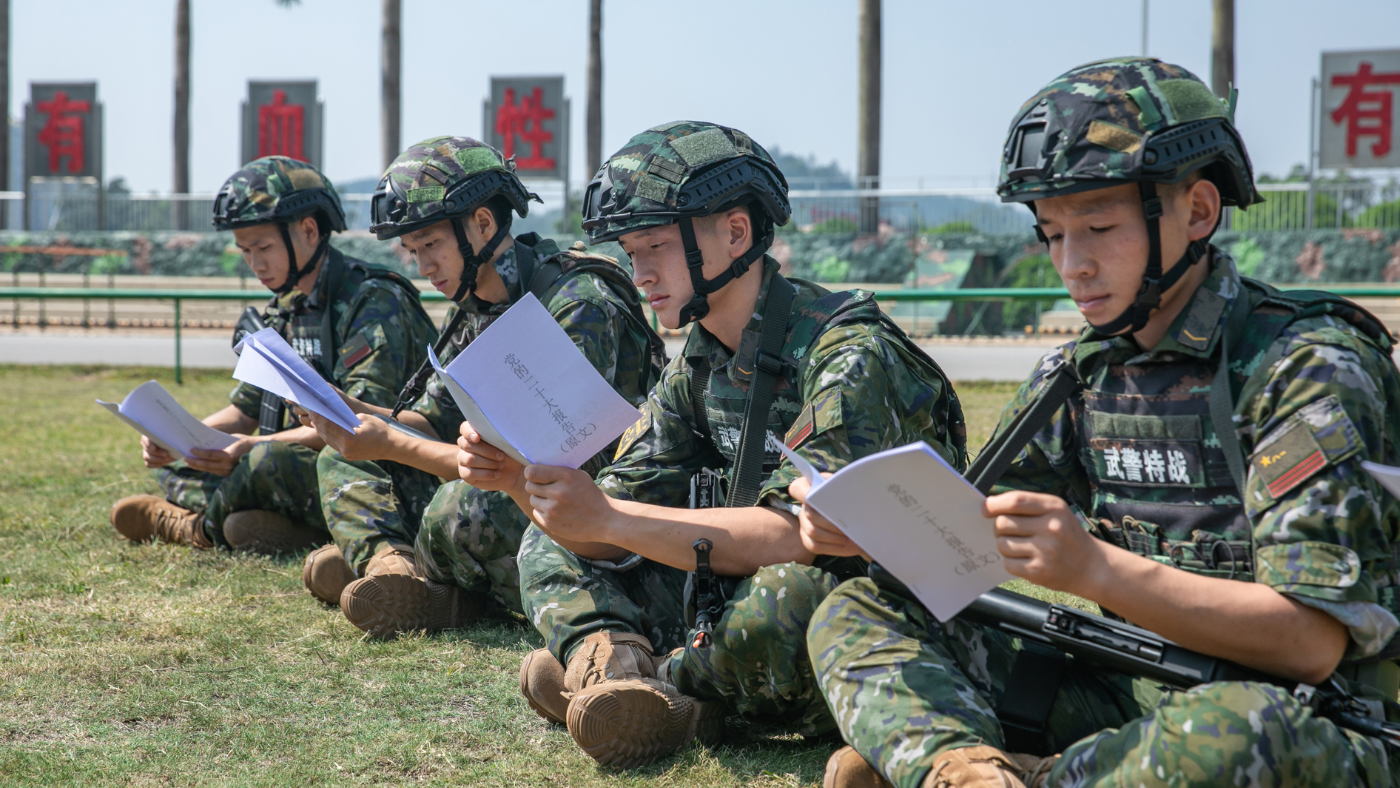
The speech delivered by Xi, and read by many across the nation, “emphasised that the internal work on party-building was not done”, said The Diplomat. The president is seeking to “fight counter corruption and ideologically indoctrinate China’s people”.
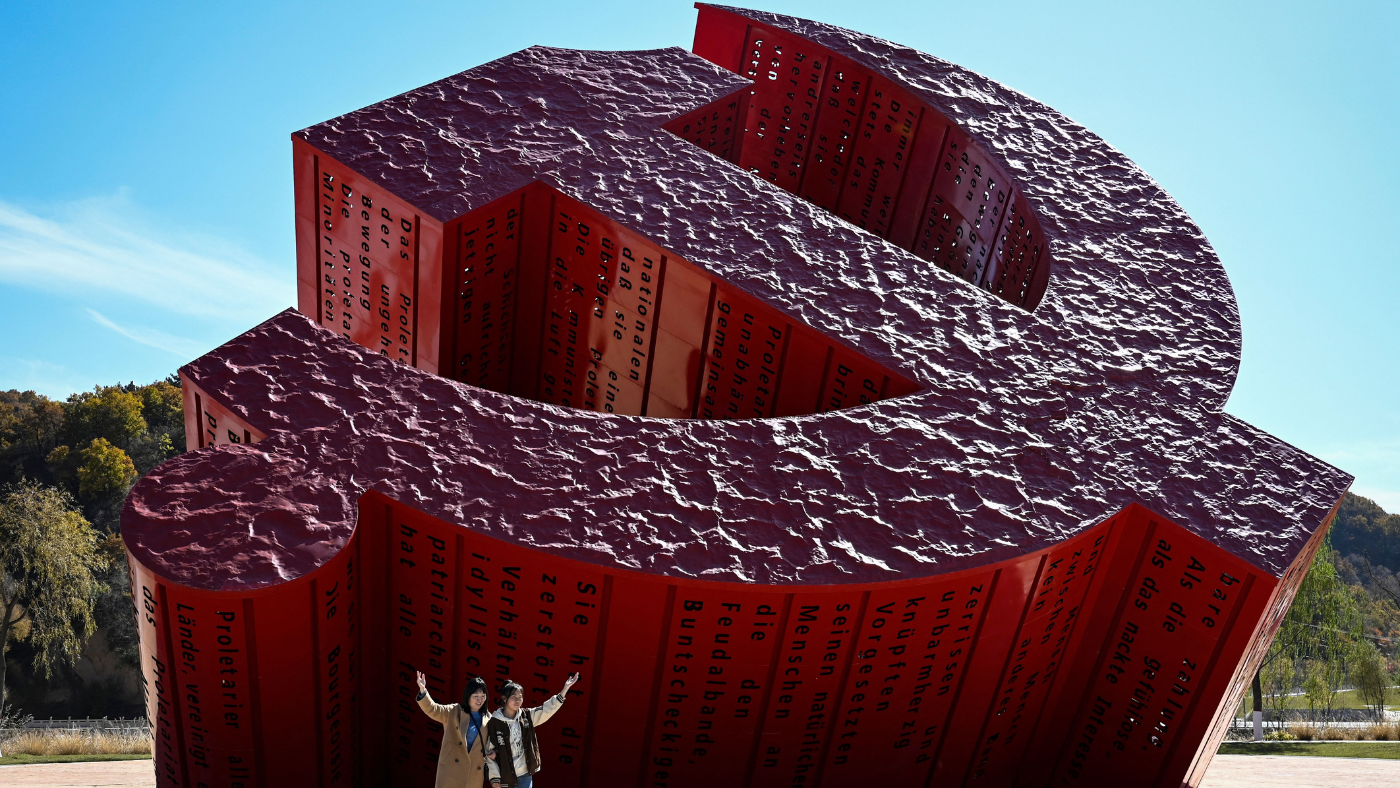
It is now possible that Xi, who is now 69, could “remain in power for the rest of his life”, said the BBC. The broadcaster said the president, who is also general secretary of the CCP and chairman of China’s Central Military Commission, is now “arguably the most powerful Chinese leader since Mao Zedong in the 1970s”.
A free daily email with the biggest news stories of the day – and the best features from TheWeek.com
Julia O'Driscoll is the engagement editor. She covers UK and world news, as well as writing lifestyle and travel features. She regularly appears on “The Week Unwrapped” podcast, and hosted The Week's short-form documentary podcast, “The Overview”. Julia was previously the content and social media editor at sustainability consultancy Eco-Age, where she interviewed prominent voices in sustainable fashion and climate movements. She has a master's in liberal arts from Bristol University, and spent a year studying at Charles University in Prague.